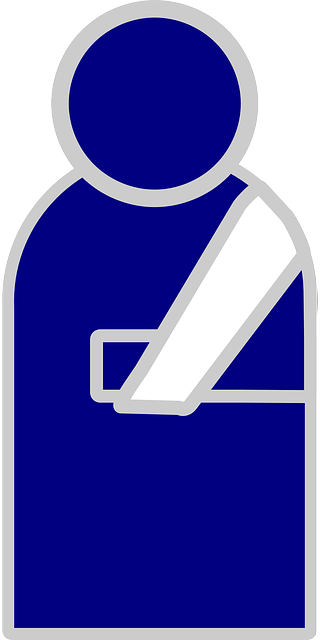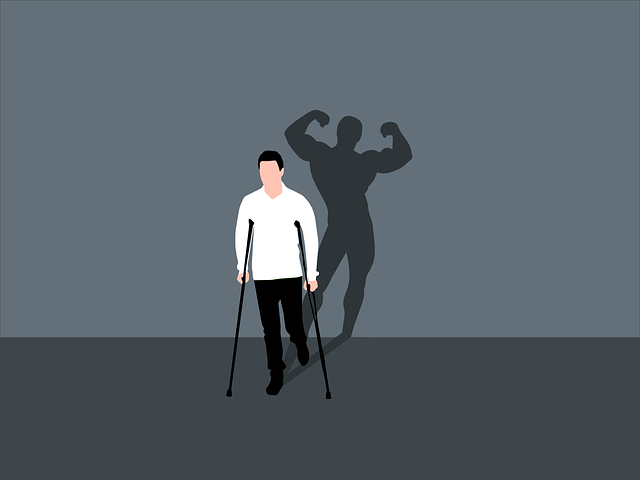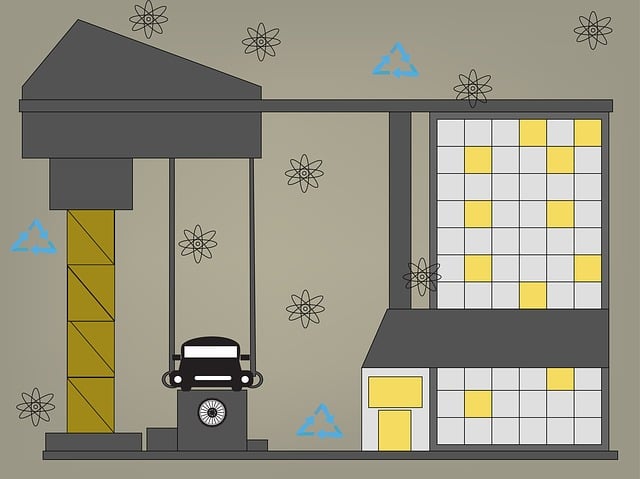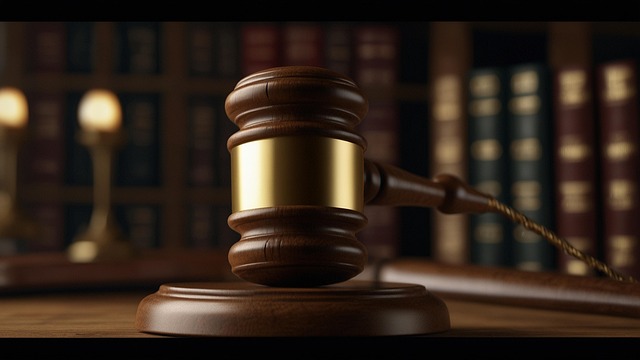After submitting an injury lawsuit filing, your attorney initiates communication with the opposing party, exchanging relevant documents during the discovery period. This involves court hearings, negotiations for a settlement, or preparing for a trial where expert testimony might be required. As a plaintiff, you must cooperate by providing evidence while protecting your case, keeping meticulous records, and ensuring the defendant upholds their duties, especially in vulnerable cases.
After completing the formal steps of filing an injury lawsuit, you enter a new phase filled with anticipation and uncertainty. This article guides you through the crucial next steps, offering insights into what to expect during legal proceedings. We explore your rights and obligations post-suit filing, ensuring you understand the journey ahead. From managing case timelines to navigating court processes, this comprehensive overview equips you for a successful outcome, empowering you with knowledge in this significant moment.
- Next Steps After Filing an Injury Lawsuit
- What to Expect During the Legal Proceedings
- Your Rights and Obligations Post-Suit Filing
Next Steps After Filing an Injury Lawsuit

After submitting your injury lawsuit filing, the next phase involves a series of critical steps. Your auto accident attorney will typically initiate communication with the opposing party and their legal representation to exchange relevant information and documents related to the case. This process is crucial for building a strong legal strategy. During this time, it’s essential to remain responsive to your lawyer’s communications and provide any additional evidence or details they request.
The next step often includes filing various court documents, such as a complaint or summons, which officially notifies the defendant(s) of the lawsuit. In some cases, negotiations may begin, where both parties attempt to resolve the matter without proceeding to trial. If a settlement offer is made and accepted, your auto accident attorney will guide you through finalizing the agreement. Alternatively, if negotiations fail, the case will proceed towards trial, where a judge or jury will decide the outcome based on the presented evidence, including potential testimony from experts in fields like elder law should the injury involve aged plaintiffs.
What to Expect During the Legal Proceedings

After completing the injury lawsuit filing, it’s important to understand what follows during the legal proceedings. The first step is typically a period of discovery, where both parties exchange information and evidence relevant to the case. This can include medical records, witness statements, and documents related to liability and damages. It’s crucial to respond promptly to all requests for information from your attorney and the opposing party to ensure the smooth progression of your injury lawsuit.
As the legal process unfolds, you may experience a series of hearings and court appearances. During these sessions, your lawyer will present arguments, question witnesses, and build a strong case for your injury compensation. In complex cases involving real estate disputes or fiduciary duty breaches, expert witnesses might be called upon to provide specialized testimony. Be prepared for some back-and-forth negotiations as both sides aim to reach a settlement or have their day in court to determine the outcome of the injury lawsuit.
Your Rights and Obligations Post-Suit Filing

After completing the injury lawsuit filing process, both plaintiffs and defendants have specific rights and obligations to consider. As a plaintiff, it’s crucial to understand that while you’ve taken the initial step toward justice, the legal battle is far from over. You are entitled to seek compensation for your injuries, but you must also cooperate with the defendant’s legal team during discovery, providing relevant evidence and statements without compromising your case. This phase involves meticulous record-keeping, as every document and interaction can impact the outcome.
Your rights extend beyond seeking monetary damages; they include ensuring the defendant adheres to their fiduciary duty, especially in cases involving vulnerable populations like the elderly. Elder law and elder abuse are critical aspects to consider, as these laws protect the rights of seniors and prevent exploitation. Staying informed about your legal options and keeping detailed records will empower you throughout the litigation process.
Upon completing the injury lawsuit filing, the legal process begins, setting in motion a series of events that aim to seek justice and fair compensation. You can expect a thorough investigation, where both parties gather evidence and witness statements, followed by negotiations or, if necessary, a trial. Throughout this journey, understanding your rights and obligations is crucial; it empowers you to navigate the legal landscape effectively. Remember, each step after filing an injury lawsuit has its own set of expectations and potential outcomes, ultimately leading towards a resolution that may bring closure and the healing process for those affected by injury.






